
Blog
Incisive commentary from RAP experts
RAP experts keep their finger on the pulse of the energy sector and provide timely analysis of topics impacting stakeholders TODAY.
Filter >>
Content Filter:
October 5, 2016
Delivering the Benefits of Customer Participation in the Energy Market
- Philip Baker
Europe’s new energy project promises to put a focus on consumer interests, yet what this new market would look like in practice is often poorly understood. As the European Commission ponders the design of a new and interconnected energy market… View Summary +
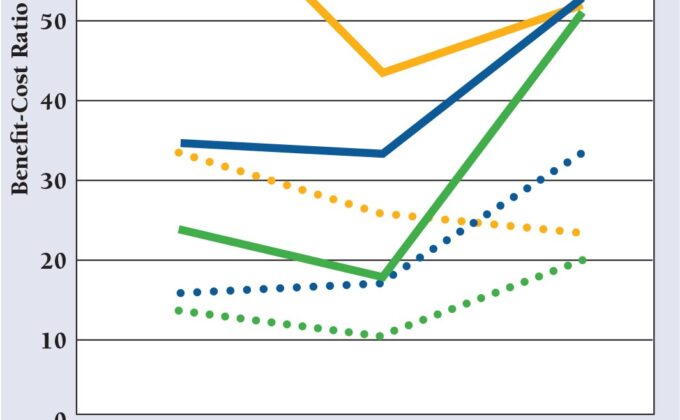
September 19, 2016
Energy Prices, Not Capacity Mechanisms, are Key to Ensuring Reliability at the Lowest Cost
Electricity generators often claim that prices cannot fully reflect the value of the reliability they offer the market. Hence they insist they need separate capacity payments to justify investments. But according to Mike Hogan, the current energy market design is… View Summary +
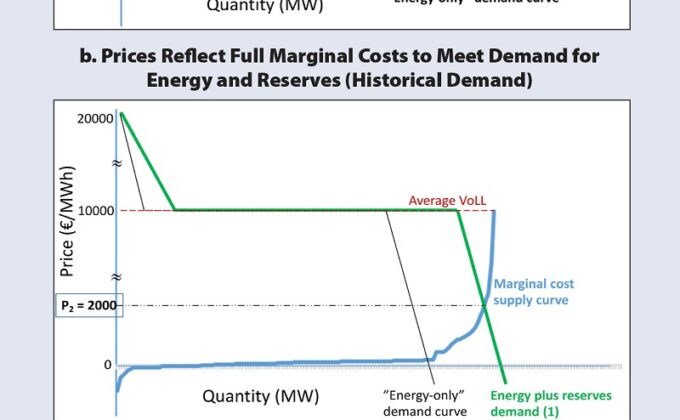
August 3, 2016
Gdzie się zmieści Polska w nowym modelu rynku energii w UE?
- Edith Bayer ,
- Joanna Maćkowiak-Pandera
Zamiast kosztownych mechanizmów pomostowych w rodzaju operacyjnej rezerwy, należy poprawić efektywność sektora i określić długofalową wizję rozwoju energetyki. Europejski system energetyczny znajduje się fazie transformacji, która jest wywoływana potrzebą modernizacji, postępem technologicznym oraz koniecznością redukowania emisji: Według założeń Komisji Europejskiej… View Summary +

July 27, 2016
The Case for Market Monitoring—A Key to Successful Electricity Markets
- Sarah Keay-Bright
The European Commission wants households and business consumers “to be at the heart of” the EU’s upcoming European energy market reforms. This priority, which the European Council and European Parliament seem to support, makes sense as the potential gains for… View Summary +
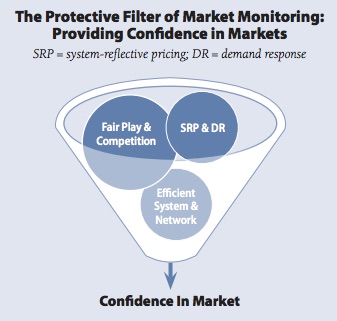
July 27, 2016
EU Vehicle CO2 Standards: Redesign for Power System and EV Synergies
- Sarah Keay-Bright
The EU’s upcoming CO2 standards for light-duty vehicles (LDVs) provide an opportunity to accelerate modernisation and decarbonisation of both the transport and power sectors. This presents a one-time opportunity to boost EU global competitiveness. Adapting these standards to take… View Summary +
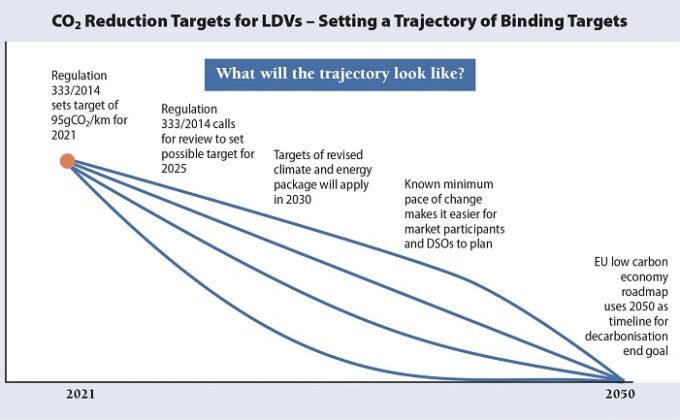
July 20, 2016
We Need a Lorry-Load of Energy Savings; in the new ECO, the Government Delivers a Hatchback
The United Kingdom was once a world leader in energy savings. We proved that investing in buildings, insulating lofts, and switching to efficient boilers, motors, and lighting created jobs, saved money, and lowered the environmental costs of energy systems. But… View Summary +
April 28, 2016
Energy Efficiency in the UK: Time to Get Out of Reverse Gear
In recent years across the UK, citizens, government, and the business community have all demonstrated a willingness to lead the world in the fight against climate change. So the mystery today is: Why is the UK walking away from energy… View Summary +
April 25, 2016
If Europe Wants Integrated Markets, it Should Take the Leap to Regional Grids
- Philip Baker
Europe is progressing towards an integrated, interconnected pan-European electricity market. However, the governance and regulatory arrangements that the EU has established to support this process are inadequate to the task. They are more focused on preserving the sovereignty of national… View Summary +
March 18, 2016
Capacity, Competition, and Consumers Top RAP’s List of Missing Market Priorities
The European Commission’s Market Design Initiative (MDI) rightly identifies investment and security of supply, demand-side participation in markets, and market governance as three central pillars of a successful market reform. In framing the initiative’s priorities, however, the Commission has neglected… View Summary +
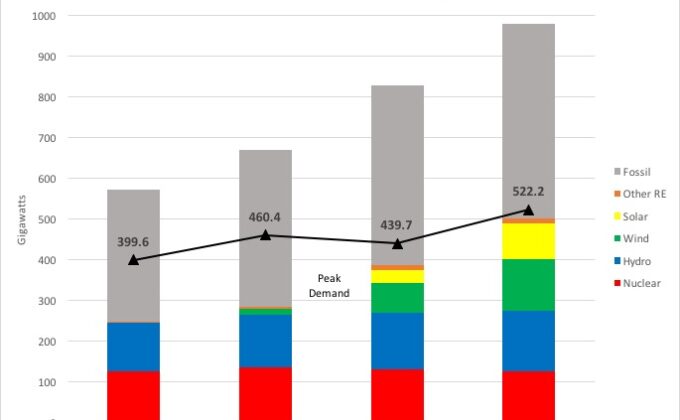
January 21, 2016
Polski system elektroenergetyczny a dyskusja o nowej organizacji rynku energii elektrycznej w Unii Europejskiej
- Jan Rączka
Europejski system energetyczny znajduje się w fazie transformacji, której źródłami są postęp technologiczny, zmieniające się modele biznesowe i dążenie do zmniejszenia emisji CO2. Komisja Europejska postawiła ambitne cele na rok 2030, a kraje członkowskie wspierają ich realizację. Osiągnięcie 40% poziomu… View Summary +

